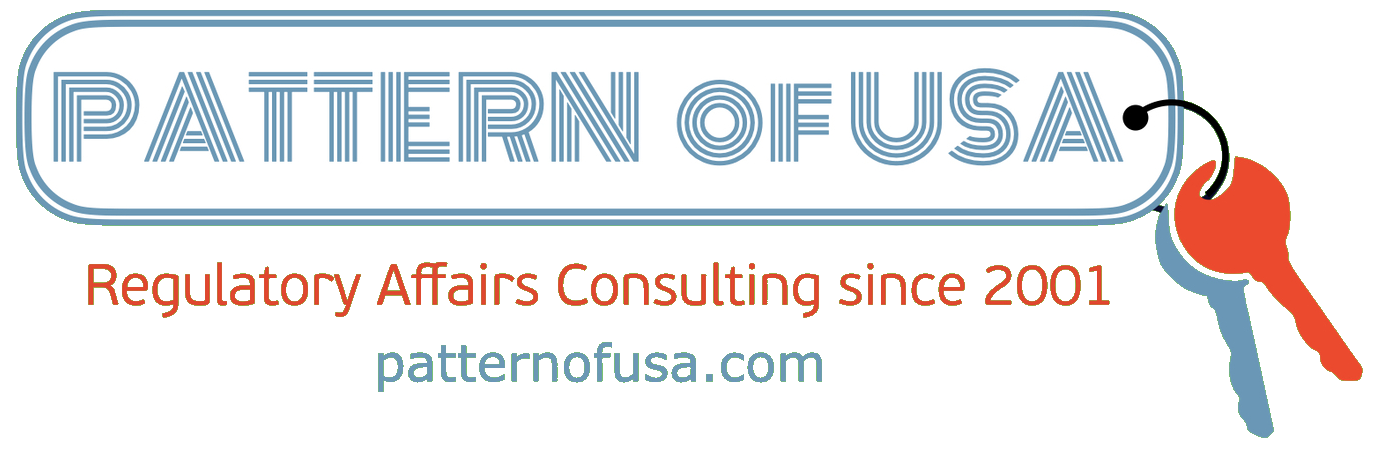Cassava Therapeutics Sees Stock Drop After Alzheimer’s Medication Does Not Pass Phase III Trials


Cassava Sciences made headlines on Monday after revealing that its drug simufilam has not met expectations in a significant Phase III clinical trial aimed at addressing Alzheimer’s disease. The announcement surrounded the ReThink-ALZ trial outcomes, where simufilam demonstrated no notable efficacy in inhibiting cognitive or functional degeneration in participants with mild to moderate Alzheimer’s, compared to those receiving a placebo, as disclosed in their press release.
The trial results showcased failures across all predetermined co-primary, secondary, and exploratory endpoints, with the primary focus being the evaluation of cognitive and functional changes at the 52-week mark when juxtaposed with baseline measures. Additional objectives encompassed assessing neuropsychiatric symptoms and the burdens faced by caregivers.
Rick Barry, the CEO, indicated that meticulous attention was given to the selection of participants with mild to moderate Alzheimer’s, yet the placebo cohort exhibited a “less pronounced” cognitive decline than what previous Alzheimer’s studies had indicated. The company is actively investigating these discrepancies, Barry noted.
Simultaneously, the company is withdrawing from another Phase III trial, ReFocus-ALZ, which explored an alternative dosage of simufilam along with an expanded access initiative.
The stock market reacted sharply, with Cassava’s shares plummeting by 85% to .91 upon the market opening Monday, significantly down from the previous close of .48.
This clinical setback concludes a challenging few years for the company. The troubles date back to August 2021, when a whistleblower prompted the FDA to assess clinical trials due to allegations of data manipulation in Cassava’s research. Investigations by the City University of New York uncovered evidence suggesting possible misconduct involving a Cassava advisor, culminating in a recent settlement of a million SEC lawsuit regarding earlier study data manipulation.
Cassava initially proposed simufilam as an innovative Alzheimer’s treatment, targeting the scaffolding protein filamin A in the brain to help restore its normal form and function. Currently, simufilam represents Cassava’s primary and seemingly sole drug initiative in development.
Barry stepped into leadership in September, following the departure of former CEO Remi Barbier. In a third-quarter earnings presentation, Barry had assured stakeholders that he would disclose the Phase III results, regardless of their positivity. This commitment marked a shift from earlier communications that often obscured negative outcomes through post-hoc analyses.
This occasion reflected a candid disclosure, as Cassava publicly acknowledged the trial’s failure right from the press release heading. The company did conduct a conference call, but it focused solely on prepared statements without fielding inquiries, adhering closely to the initial announcement.
“We pledged transparency in our data sharing, irrespective of the results, and today we are fulfilling that promise, albeit not with the news we hoped to deliver,” Barry communicated during the call.
With the termination of the second Phase III trial, Cassava provided little insight into future steps. CFO Eric Schoen stated, “Our attention remains on Cassava shareholders’ interests while we aim to bolster shareholder value. The company is in a solid financial position, holding approximately 9 million in cash and equivalents by the close of Q3 2024.”
Upcoming data from the ReThink-ALZ trial is set to be presented at a medical conference in the future.
